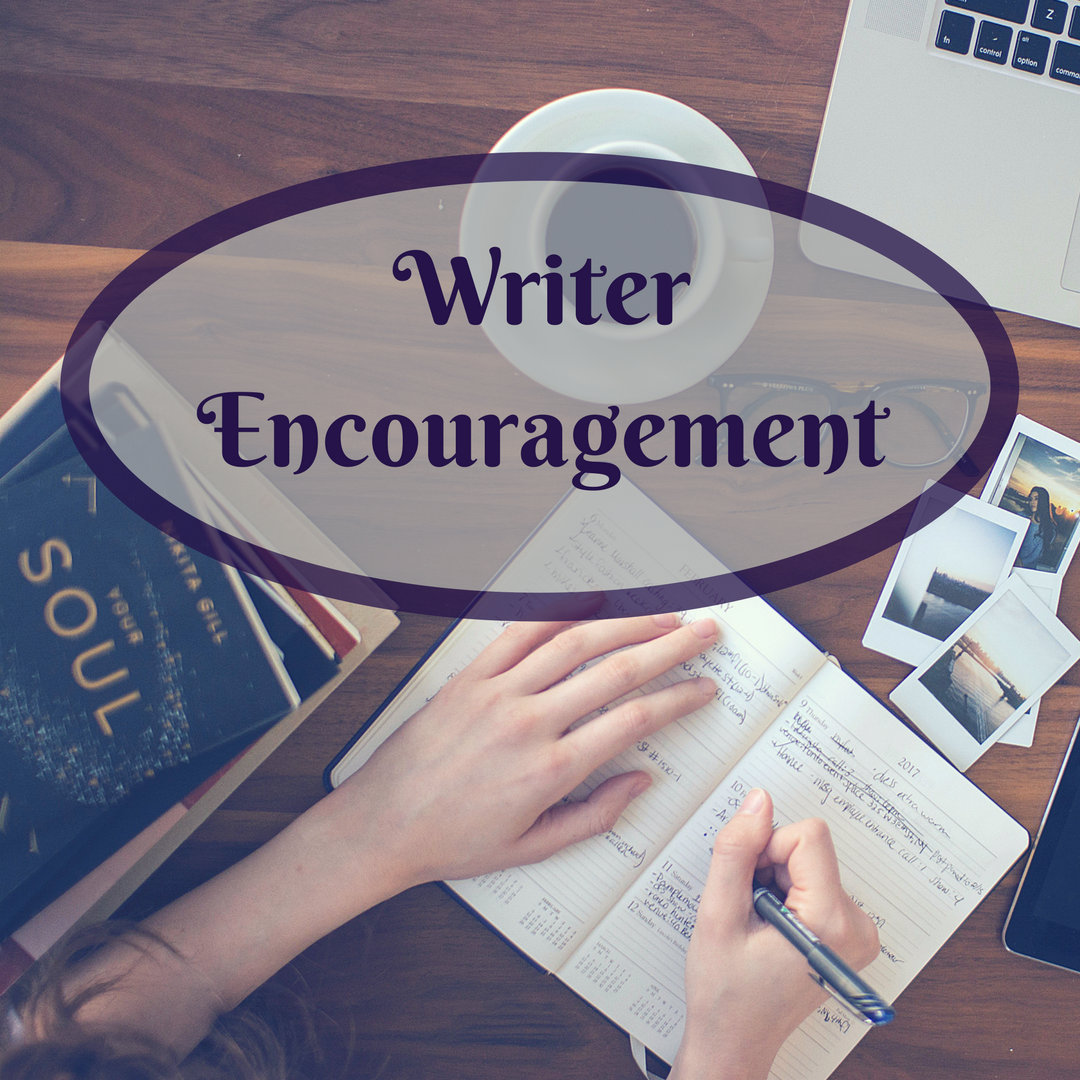
Devotions for Writers
The Dastardly D of Distraction
The squirrel ran across the patio steps. The phone rang. The dishwasher beeped. How can you focus on words…
November 3, 2020
The squirrel ran across the patio steps. The phone rang. The dishwasher beeped. How can you focus on words…
November 3, 2020
In my blog about living intentionally I often talk about decluttering—not just in our homes but in all areas…
July 8, 2020
So, how’s life going, y’all? As I write this post, our country has been in pandemic lockdown for over…
June 6, 2020
These days, I frequently see my social media contacts expressing the same sentiment: “I’m too distracted to write.” In…
April 11, 2020